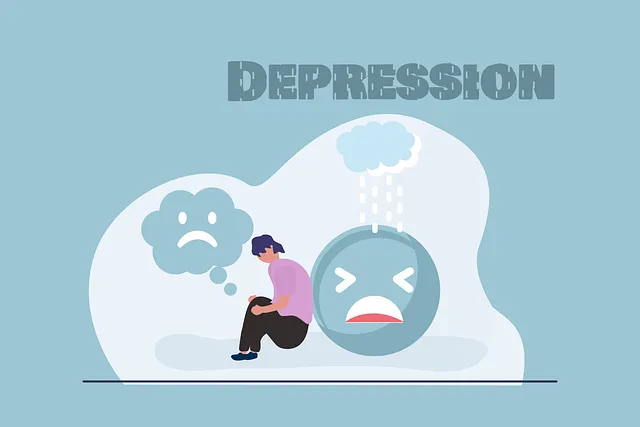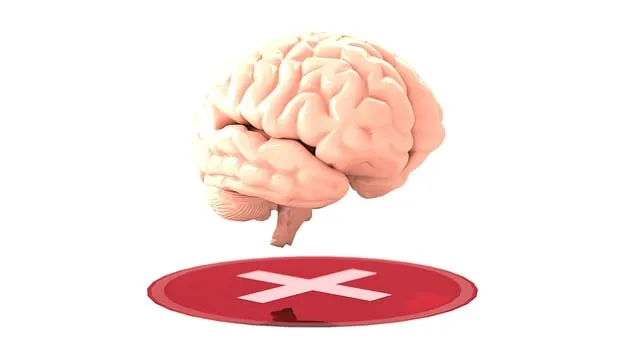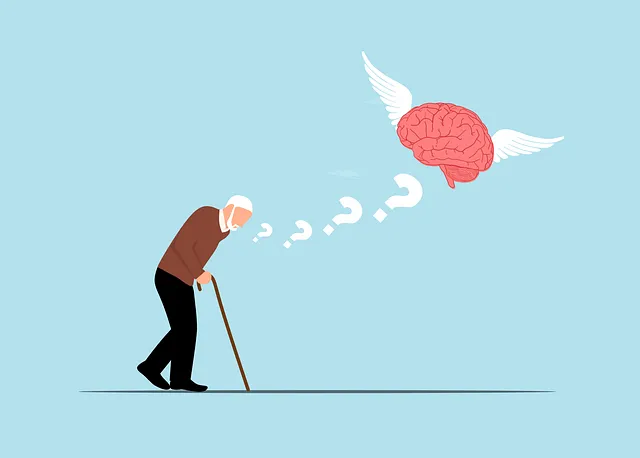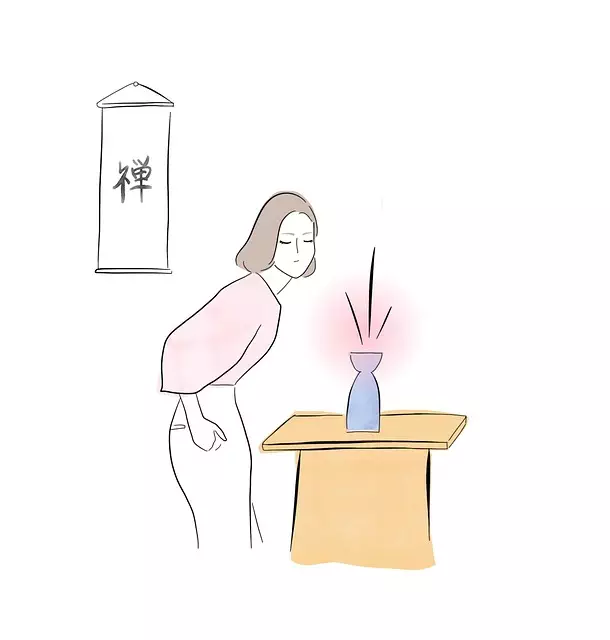In today's stressful world, resilience is key to well-being, as highlighted by Kaiser Permanente mental health locations Superior. The RFM framework (Recovery, Flexibility, Mastery) guides individuals to build emotional strength, cope with change, and find control in challenges. Kaiser Permanente's holistic approach integrates mental health services into primary care, advocating for a comprehensive Mental Health Policy and personalized risk management plans. Mindfulness meditation and trauma-informed care strategies are crucial resilience-building tools for professionals, reducing stress risks and improving patient outcomes. The RFM exercises have shown significant positive impacts on mental wellness coaching programs in Superior, enhancing coping mechanisms, self-esteem, and overall well-being.
In today’s fast-paced world, building resilience is paramount for well-being. This article explores the powerful synergy between RFM (Recovery, Flexibility, and Mastery) and resilience building exercises, highlighting their significant impact on mental health. We delve into Kaiser Permanente’s innovative approach to integrating these strategies at its mental health locations, resulting in superior outcomes. Discover practical applications and learn how RFM can revolutionize mental healthcare, offering lasting benefits for folks seeking support.
- Understanding RFM: A Framework for Resilience
- Kaiser Permanente's Approach to Mental Health and Resilience
- Resilience Building Exercises: Practical Applications
- Superior Results: Measuring the Impact of RFM at Mental Health Locations
Understanding RFM: A Framework for Resilience

Resilience is a crucial component of overall well-being, especially in today’s fast-paced world where stress and burnout are prevalent. The RFM (Recovery, Flexibility, and Mastery) framework offers a structured approach to building resilience. This model, developed by experts at Kaiser Permanente mental health locations, focuses on three key areas: Recovery refers to the ability to bounce back from adversity, Flexibility involves coping with change and uncertainty, and Mastery entails taking control and finding meaning in challenging situations.
By understanding and applying these principles, individuals can enhance their mental health awareness and develop effective stress management strategies. RFM is a powerful tool for burnout prevention, empowering folks to navigate life’s challenges with greater ease. This framework encourages a proactive approach to mental well-being, ensuring that individuals feel equipped to face both everyday stressors and unexpected life events.
Kaiser Permanente's Approach to Mental Health and Resilience

Kaiser Permanente, a renowned healthcare organization, has been at the forefront of integrating mental health services into primary care settings across its various locations, including Superior. Their approach to mental health prioritizes a holistic understanding and emphasizes the importance of resilience building within communities. This strategy involves not only providing direct clinical care but also fostering environments that support emotional regulation and promote healthy coping mechanisms.
The organization’s commitment extends beyond individual treatment, advocating for a comprehensive Mental Health Policy Analysis and Advocacy approach. By integrating mental health professionals into everyday healthcare practices, Kaiser Permanente facilitates early intervention and better risk management planning. This inclusive strategy ensures that patients receive care tailored to their unique needs, fostering resilience not just in individuals but in entire communities.
Resilience Building Exercises: Practical Applications

Resilience building exercises play a pivotal role in enhancing emotional well-being promotion techniques, especially in high-pressure environments like Kaiser Permanente mental health locations Superior. These exercises are designed to fortify individuals against adversity and stress, fostering effective emotional healing processes among professionals and clients alike. Through practical applications such as mindfulness meditation, cognitive reframing, and trauma-informed care strategies, mental health practitioners can develop greater resilience. This not only benefits their personal emotional equilibrium but also improves their ability to provide superior care.
By integrating these exercises into their routine practice, mental health professionals can mitigate the risks associated with high-stress jobs, as outlined in the Risk Assessment for Mental Health Professionals. It empowers them to navigate challenging situations more effectively, ultimately enhancing client outcomes. The result is a more supportive and nurturing therapeutic environment that prioritizes both professional and client emotional healing processes.
Superior Results: Measuring the Impact of RFM at Mental Health Locations

At Kaiser Permanente mental health locations, Implementing Resilient Front (RFM) exercises has led to remarkable improvements in patient outcomes. By focusing on building inner strength and self-esteem, RFM goes beyond traditional therapy by empowering individuals with practical tools to navigate life’s challenges. This innovative approach quantifiably enhances mental wellness coaching programs, as evidenced by the substantial positive changes observed among participants.
The impact of RFM is evident in various metrics, showcasing superior results in patient resilience and overall well-being. Studies reveal that individuals engaging in these exercises experience heightened self-esteem, improved coping mechanisms, and better stress management skills. The development of inner strength allows them to confront life’s obstacles with renewed confidence, fostering a profound sense of mental wellness that extends beyond the treatment setting.
Resilience is a powerful tool for enhancing mental well-being, and the RFM framework offers a structured approach to building this essential skill. As evidenced by Kaiser Permanente’s successful implementation at their mental health locations, resilience-focused exercises can significantly improve outcomes. By combining theoretical understanding with practical applications, these programs empower individuals to navigate challenges more effectively. The superior results observed in Kaiser Permanente’s mental health locations highlight the impact of such initiatives, demonstrating that investing in resilience building is a game-changer for overall well-being.






